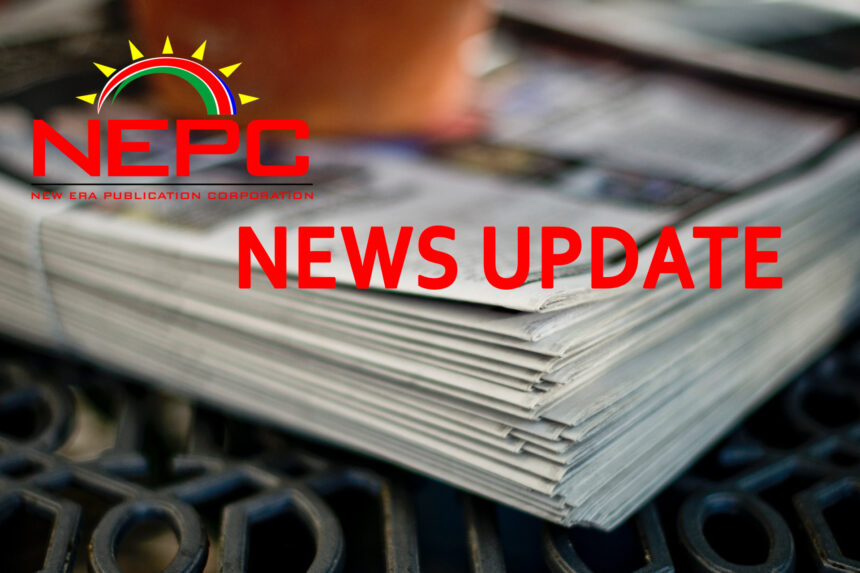The onslaught of socio-economic challenges on the lives of ordinary Namibians has reached a breaking point.
The challenges are many and deep. From intermittent drought to rampant unemployment, and the lack of opportunities for the vast as well as growing number of unemployed school dropouts, no one can deny that Namibians need help.
On top of that, the prices of food continue to skyrocket, as local and international businesses continue to hike prices at will, and with no intervention from any regulatory body.
The Bank of Namibia has been accused of only looking after the interests of the commercial banks, whose huge profits have been bolstered by BoN’s insistence on hiking the repo rate over the past two years, an action that has dented ordinary workers’ already-deflated income.
Fuel prices, which have a knock-on effect on the cost of all commodities, have nearly doubled since 2019.
The recent announcement of the approval of a minimum wage for low-paying jobs again proved that decision-makers struggle to comprehend the level of deprivation and desperation.
The minimum wage can definitely not facilitate any kind of decent living.
No worker who spends all their productive time with a business should have to go hungry or sleep rough. Namibians are struggling.
It is time for a change in approach.
While Namibia has always had an open-door policy for both foreign and local investment, and has made many attempts to help businesses survive and overcome the challenges of depressed global markets or catastrophic events like the pandemic, little has been done for the ordinary tax-paying Namibian.
The once-off N$750 during Covid-19 for struggling Namibians fell well short of the needs of many Namibians, who lost jobs and livelihoods during that tumultuous time.
Government has also turned the food bank into a cash grant for the beneficiaries.
However, this does not even begin to cover the need in villages, small towns and the vast, ever-expanding slums around urban centres.
Even those who work are struggling, and are burdened with debilitating levels of debt.
That is why a universal basic income grant has become a necessity.
If businesses struggle, the government swiftly issues tax amnesties and business rescue packages that include soft loans.
Where is the rescue package for the ordinary taxpayer who struggles to meet their basic needs?
However, President Nangolo Mbumba has, in a progressive move, asked Gender Equality, Poverty Eradication and Social Welfare Minister Doreen Sioka to receive a petition on 15 June 2024 when the BIG Coalition intends to ask the government to listen to the people’s plea, and tackle poverty through the implementation of a universal BIG.
The BIG Coalition wrote to Mbumba, requesting that he unconditionally accepts the BIG petition once the group holds a peaceful march.
Mbumba is finishing the term of late President Hage Geingob, who swept to power in 2014 after promising to not alleviate but eradicate it.
Unfortunately, a global economic crisis in his first term, as well as the pandemic and drought, managed to stump Geingob’s plans.
Geingob, however, with the little wiggle room he had with a depressed economy and various pressing priorities, still managed to double the old age grant, establish the food bank and increase spending on social safety nets throughout his term.
While Geingob’s attempts should be lauded, they still fall well short of alleviating the struggles of Namibians, including the working poor.
A BIG would help everyone. As opposition to the BIG seems to dwindle, and the concept becomes accepted and used widely throughout the world in both wealthy and developing countries, it is time Namibia finds the funds to make it happen.


